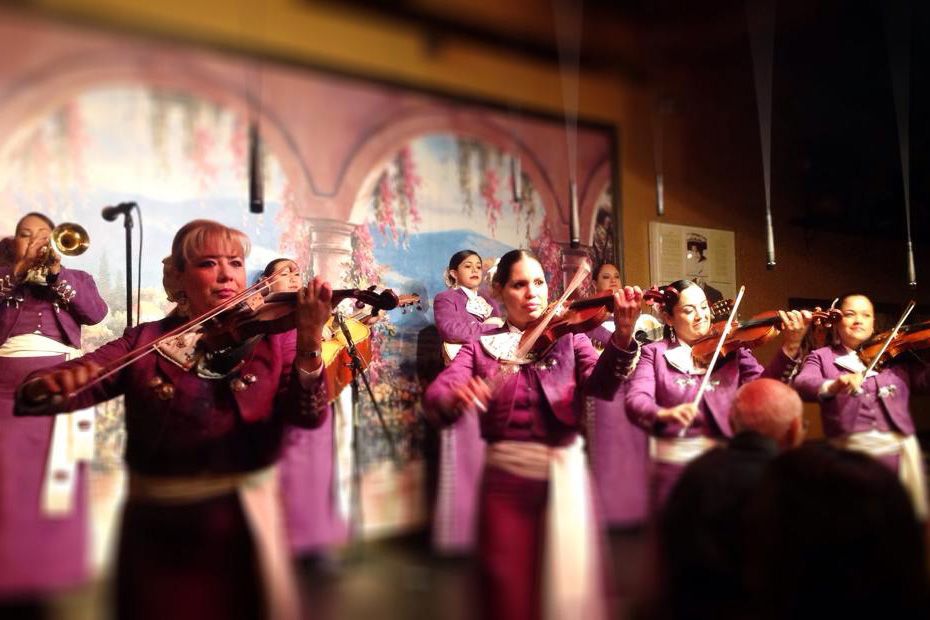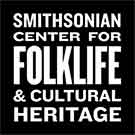SMITHSONIAN CENTER FOR FOLKLIFE & CULTURAL HERITAGE
The Quarter-Century Reign of Mariachi Reyna
Far from a “girl band” or pop novelty, the group’s success is a hard-earned triumph of gender justice.
/https://tf-cmsv2-smithsonianmag-media.s3.amazonaws.com/blogging/featured/mariachi-reyna-Wenatchee.jpg)
The founding of the all-woman Mariachi Reyna de Los Angeles in 1994 marked a pivot point in the century-and-a-half history of a Mexican and Mexican American tradition. Looking back, there is a definite “before” Mariachi Reyna and “after,” as the group inspired many other women to claim a place in the genre.
Far from a “girl band” or pop novelty, the group’s success is a hard-earned triumph of gender justice and an expansion of musical potential. Mariachi Reyna (“Queen”)—along with founder José Hernández—infuses mariachi tradition with a new dimension of creativity. This musical expansion brings new aural textures, vocal ranges, and a heightened feminine perspective, sometimes pushing back against the male-dominant outlook of the song repertoire.
For many fans of the genre, seeing a dozen women onstage impeccably attired in flamboyantly colored mariachi suits and pouring their hearts into their music proves absolutely thrilling. For me personally, having performed and followed mariachi music for fifty years, the opportunity to work with the group to do this interview and to produce an album for Smithsonian Folkways rekindled the excitement I felt when the group burst on the Latin music scene twenty-five years before.
In 2011, UNESCO proclaimed mariachi—the music, the ensemble, and the culture—a treasure of world heritage, noting that it is passed down from “father to son.” While this is—or used to be—fundamentally correct, the social fabric that gave life and meaning to the music had already been changing for some time, especially in the United States. In the 1950s in Mexico, a limited number of women took up the music professionally. But in the United States in the 1960s, 1970s, and 1980s, big changes were afoot: the number of people of Mexican descent grew dramatically, the Chicano civil rights movement breathed new meaning into the music as an emblem of identity, feminism brought new participation of women in “non-traditional” roles, and the diversification of music education in many colleges, schools, and community programs embraced mariachi as a worthy music to study and perform by all. Eventually, this leveled the gender playing field for students and teachers.
In 1991, fifth-generation mariachi musician José Hernández founded the Mariachi Heritage Society in South El Monte, California, just east of Los Angeles. When he noticed that the young women—half of his students—lacked the role models that young men could turn to, he put out an audition call for women and launched a new group. In 1994, Mariachi Reyna debuted to great public acclaim. The group caused a stir in both the United States and Mexico and became a North Star for women looking to take up the music. Through hard work, creativity, and perseverance, they claimed their place as first-rate performing artists on major stages throughout both countries.
While the ranks of professional mariachi musicians still tilt strongly in favor of men, women have made solid inroads to the top tiers of mariachi performance.
“To be treated as an artist, and not as a background musician, it gives you a different kind of status,” veteran Reyna violinist Julissa “Julie” Murrillo says. “It took a while.”

Daniel Sheehy is director and curator emeritus of Smithsonian Folkways Recordings. He is also a co-founding musician in Mariachi Los Amigos, the longest existing mariachi ensemble in the Washington, D.C., area.
This project received federal support from the Latino Initiatives Pool, administered by the Smithsonian Latino Center.


